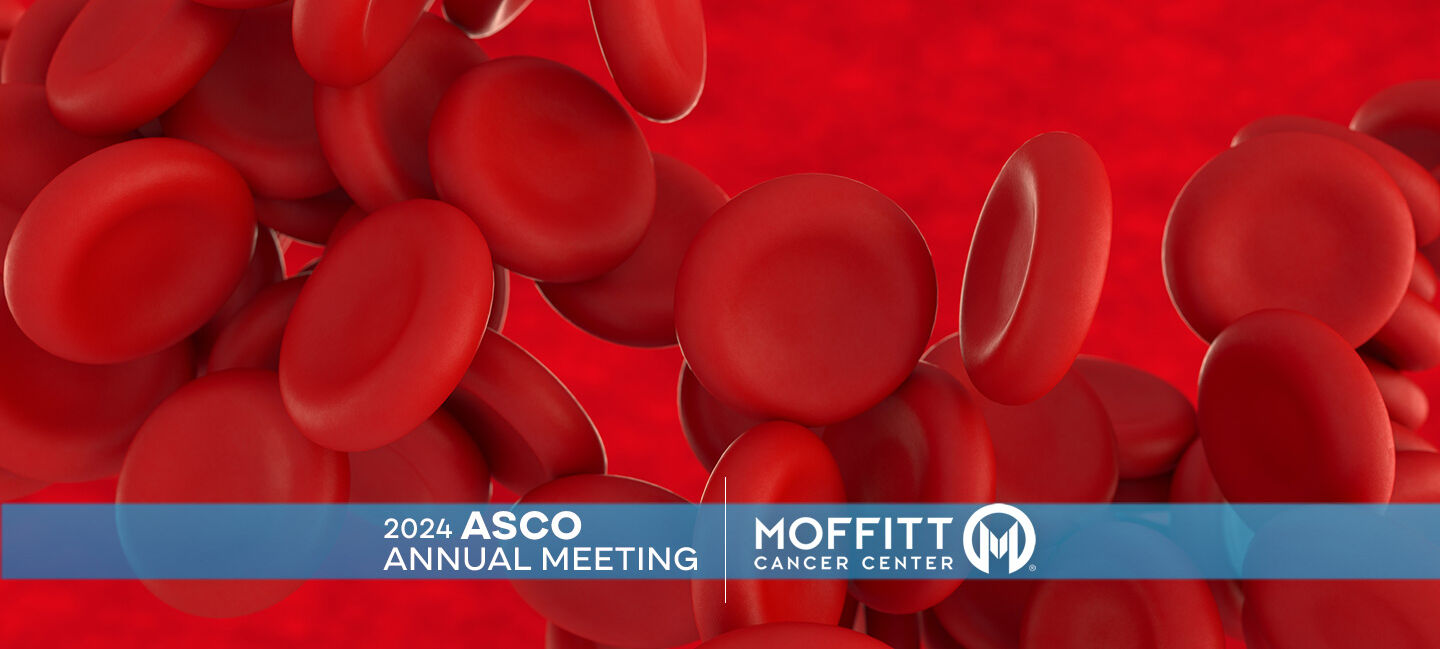New Drug Shows Promise for Chronic Myeloid Leukemia Patients
Chronic myeloid leukemia (CML), a type of cancer that starts in the blood-forming cells of the bone marrow, affects more than 9,200 Americans each year, according to the American Cancer Society. While traditional treatments with tyrosine kinase inhibitors have improved survival rates, many patients experience drug resistance and side effects, requiring additional lifelong interventions. However, a new drug, asciminib, has shown promising results as a safer and more effective treatment for patients with newly diagnosed CML.
The phase 3 ASC4FIRST trial included 405 patients recently diagnosed with chronic phase CML. Participants were randomly assigned to receive asciminib or a tyrosine kinase inhibitor, with physicians selecting the specific tyrosine kinase inhibitor based on the patient's health and preferences. Trial results presented at the 2024 American Society of Clinical Oncology annual meeting show that 68% of patients treated with asciminib achieved a major molecular response at 48 weeks, compared to 49% of those receiving traditional tyrosine kinase inhibitors.

Kendra Sweet, MD
“These findings are significant because they suggest that asciminib not only matches but exceeds the effectiveness of currently available first-line treatments while offering a better safety profile. This could be a game changer for CML patients, providing a treatment option that is both highly potent and easier to tolerate,” said Kendra Sweet, MD, medical oncologist in the Malignant Hematology Department at Moffitt Cancer Center.
One of the key outcomes of the study was the higher rate of deep molecular response among patients treated with asciminib. A deep molecular response can ultimately lead to treatment-free remission, a major goal in CML therapy. In the study, 39% of patients on asciminib reached this deep response at 48 weeks, compared to 21% of those on tyrosine kinase inhibitors.
Sweet says further research is needed to fully understand the benefits of asciminib. “Longer-term data can help confirm if early major molecular response can predict better long-term outcomes and if more patients can achieve deep responses and potentially stop treatment.”



